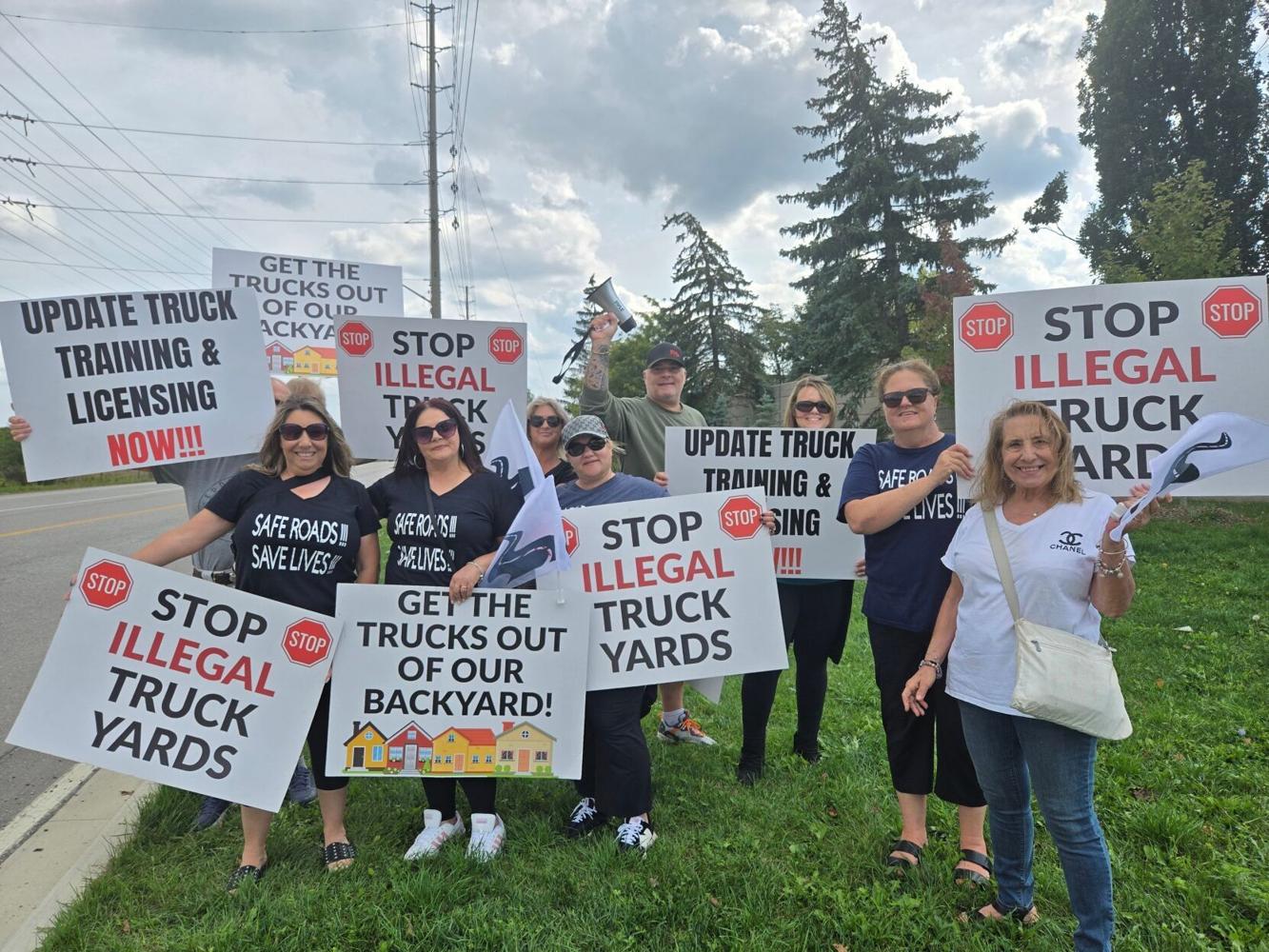If Canada’s tax agency truly enforced the rules already in place, it could stop the rise of unsafe and illegal trucking operations putting Peel Region motorists at risk, according to industry insiders. The call for the Canada Revenue Agency (CRA) to take action follows a series of alarming crashes in Caledon, prompting residents and advocacy groups to demand tougher oversight of truck driver training, licensing, and operations.
Earlier this month, the Ontario Ministry of Transportation suspended 185 commercial trucking licences suspected to be fraudulently obtained — a move viewed by critics as a late and limited response. “We have zero tolerance for bad actors on our roads,” said the ministry in a statement from Transportation Minister Prabmeet Sarkaria’s office, though it declined to answer questions about the long-term impact of the crackdown or broader safety issues.
Marco Beghetto, vice-president of communications for both the Ontario Trucking Association and the Canadian Trucking Alliance, argues that the real fix lies with the CRA. “Our trucking problems could be solved overnight if the Canada Revenue Agency enforces the laws already on the books,” he said. Beghetto pointed to the widespread misclassification of drivers as “contractors,” which allows companies to dodge T4A filings, conceal payroll numbers, and avoid taxes — practices fueling what he called the “Driver Inc.” underground economy.
Brampton consultant and industry veteran Jagdeep Shipra agreed the system needs reform but cautioned against blanket blame. “We must be mindful of treating everyone and every business the same. Don’t just pick on the trucking industry,” he said. Shipra also voiced frustration over xenophobic undertones in some public attacks on trucking, which employs many immigrants. “It’s easy to pick on minorities and immigrants — they are easy targets. The ministry should re-examine root causes and treat all industries fairly.”
Amanda Corbett of the Caledon Community Road Safety Advocacy Group rejected any suggestion that her organization harbors bias. “We don’t care about race or colour — we care about safety,” she said, adding that while social media sometimes attracts hateful comments, the group’s focus remains on saving lives. Corbett said the CRA’s involvement could help stop the exploitation of vulnerable drivers, especially newcomers brought in under the Temporary Foreign Worker Program. “We just want solutions now because people are dying needlessly on our roads,” she emphasized.
Fellow advocate Franca Pisani described the trucking crisis as “multidimensional,” touching everything from wages and working conditions to crime and environmental impact. Some operators, she noted, misuse immigration loopholes to bring in foreign workers as truckers with little or no experience. Shipra added that many newcomers enter trucking out of necessity because their education and credentials are not recognized in Canada.
Despite repeated inquiries, neither the CRA nor local federal and provincial representatives in Peel Region have commented on whether tax enforcement could become a tool for curbing unsafe and exploitative trucking practices. For now, residents say they will keep pushing — hoping the next solution comes before the next tragedy.

